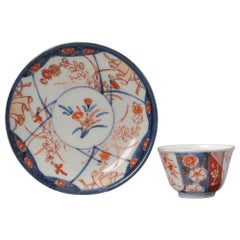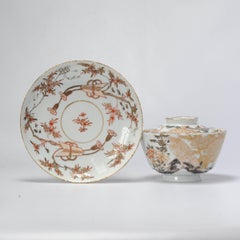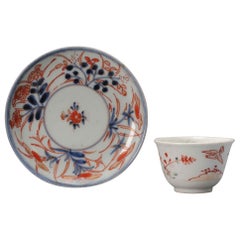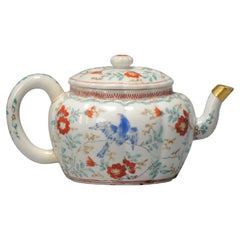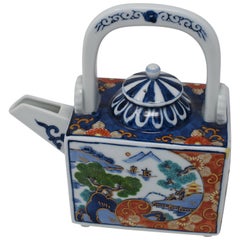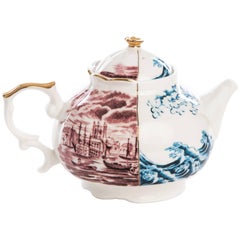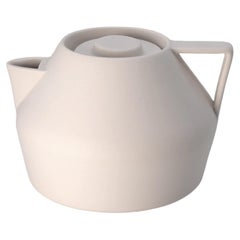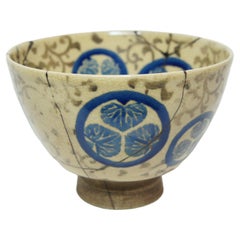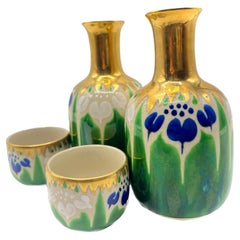Edo Tea Sets
Edo furniture was created during a flourishing time for the decorative arts owing to the stability of the Tokugawa shogunate rule in Japan. Spanning from 1603 to 1867, this era of peace and economic growth supported artistic advancements in lacquer, woodblock printing, porcelain and other artisanal trades. Because the country was largely isolated, there was little outside influence, leading to centuries of exceptional attention to the design of its furnishings and the quality of its traditional arts.
Unlike during the Meiji period that followed, with an increase in domestic and international markets, furniture during the Edo period was predominately commissioned by the ruling class, although people from across social groups benefited from the burgeoning metropolitan hubs for artisanal trades. For instance, Kyoto became a major center for lacquer art. Most furniture pieces were made from wood such as cedar or ash, including the era’s sashimono cabinets, which involved fine joinery and were rooted in the Heian period.
Sashimono cabinets, which were built by master craftsmen in a range of different wood types owing to the various trees that populate Japan, occasionally featured a stack of slender drawers as well as sliding doors. They were popular with everyone from samurai to kabuki actors. Tansu storage chests crafted from wood with metal fittings were also common in Edo-period homes. Some were designed to be easily portable while others were made to double as staircases.
Painted folding screens, called byōbu, were also fashionable, with Japanese artists inspired by nature, literature and scenes of history and daily life to create vivid works. In Buddhist temples and the palatial homes of the aristocratic class, fusuma, or large sliding panels, would sometimes be adorned with gold or silver leaf. These dividers allowed interiors to change throughout the day, closing in small spaces for personal use or reflecting candlelight to illuminate communal spaces after dark.
Find a collection of Edo tables, lighting, decorative objects, wall decorations and more furniture on 1stDibs.
Mid-20th Century Japanese Edo Tea Sets
Porcelain
17th Century Antique Edo Tea Sets
Porcelain
18th Century Japanese Antique Edo Tea Sets
Porcelain
17th Century Antique Edo Tea Sets
Porcelain
17th Century Japanese Antique Edo Tea Sets
Porcelain
21st Century and Contemporary Japanese Edo Tea Sets
Gold, Enamel
21st Century and Contemporary Chinese Edo Tea Sets
Porcelain
2010s Italian Edo Tea Sets
Ceramic
1820s British Antique Edo Tea Sets
Sterling Silver
21st Century and Contemporary Japanese Edo Tea Sets
Gold
21st Century and Contemporary Japanese Edo Tea Sets
Gold
Late 19th Century East Asian Antique Edo Tea Sets
Zinc
21st Century and Contemporary Japanese Edo Tea Sets
Gold
Early 20th Century Indian Edo Tea Sets
Silver
1810s English Antique Edo Tea Sets
Porcelain
1830s English Antique Edo Tea Sets
Porcelain
Mid-20th Century Chinese Edo Tea Sets
Porcelain
1820s English Antique Edo Tea Sets
Porcelain
19th Century Japanese Antique Edo Tea Sets
Porcelain
Early 19th Century Japanese Antique Edo Tea Sets
Copper
19th Century Japanese Antique Edo Tea Sets
Iron, Bronze
